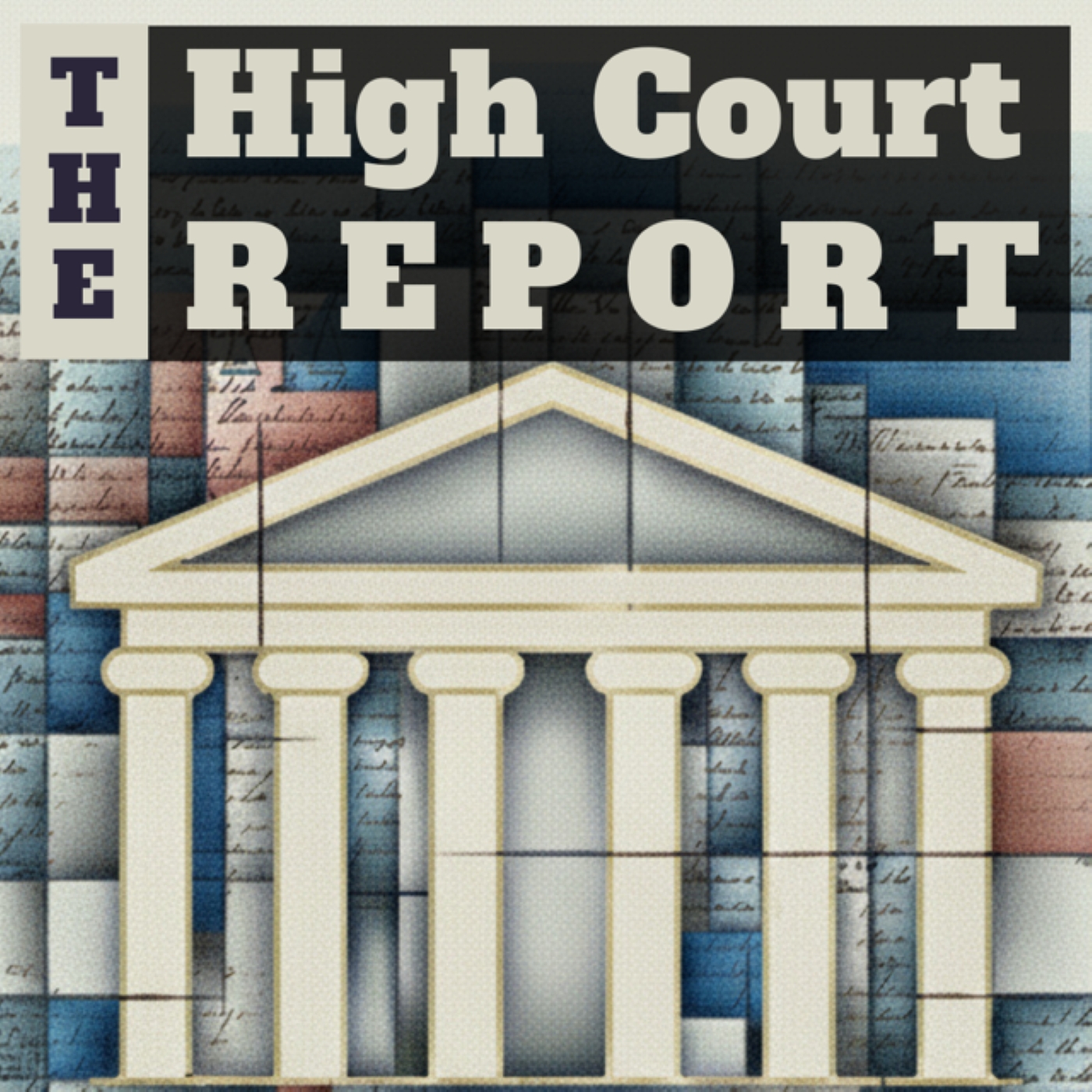Episode 50
Oral Argument: Fuld v. PLO | Case No. 24-20 | Date Argued: 4/1/25
Case Info: Fuld v. PLO | Case No. 24-20 | Date Argued: 4/1/25
Case consolidated with: United States v. PLO, Case No. 24-151.
Link to Docket: Here.
Background:
The Anti-Terrorism Act (ATA), 18 U.S.C. § 2331 et seq., provides an extraterritorial private right of action for victims of terror attacks committed against American nationals abroad. In 2019, Congress amended the ATA by enacting the Promoting Security and Justice for Victims of Terrorism Act (PSJVTA). Under the PSJVTA, the Palestinian Liberation Organization (PLO) and Palestinian Authority (PA) "shall be deemed to have consented to personal jurisdiction" in an ATA action if: (a) more than 120 days after the statute's enactment, they pay any terrorist convicted of or killed while committing a terror attack against an American national, and the payment is made "by reason of' the conviction or terror attack, 18 U.S.C. § 2334(e) (1)(A); or (b) more than 15 days after the statute's enactment, they "conduct any activity" while physically present in the United States (with limited exceptions), id. § 2334(e)(1) (B).
The PLO and PA engaged in both categories of conduct after the trigger dates. But in the decisions below, the Second Circuit facially invalidated the PSJVTA. The court held that the Fifth Amendment forbids Congress from specifying conduct that triggers a defendant's consent to federal jurisdiction unless the statute provides the defendant with some "governmental benefit" in return, and that the PLO and PA had not received such a benefit.
Question Presented: Whether the PSJVTA violates the Fifth Amendment.
Holding: The PSJVTA's personal jurisdiction provision does not violate the Fifth Amendment's Due Process Clause because the statute reasonably ties the assertion of jurisdiction over the PLO and PA to conduct involving the United States and implicating sensitive foreign policy matters within the prerogative of the political branches.
Result: Reversed and remanded.
Voting Breakdown: 9-0. Chief Justice Roberts delivered the opinion of the Court, in which Justice Alito, Justice Sotomayor, Justice Kagan, Justice Kavanaugh, Justice Barrett, and Justice Jackson joined. Justice Thomas filed an opinion concurring in the judgment, which Justice Gorsuch joined as to Part II.
Link to Opinion: Here.
Oral Advocates:
- For Petitioners in 24-20: Kent A. Yalowitz, New York, N. Y.
- For Petitioner in 24-151: Edwin S. Kneedler, Deputy Solicitor General, Department of Justice, Washington, D.C.
- For Respondents: Mitchell R. Berger, Washington, D.C.
